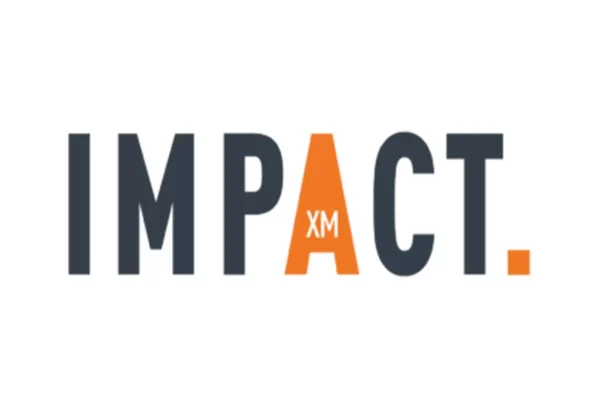The International Association of Exhibitions and Events™ (IAEE) directly addressed key concerns about the draft Internet Consumer Privacy bill to U.S. Representative Rick Boucher (D –VA), chairman of the House Energy and Commerce Communications Technology and Internet subcommittee in a recent letter.
The draft legislation would require organizations that collect information about users and their internet surfing habits to disclose their privacy policies, and obtain the consent of individuals before collecting sensitive information, or sharing any data with advertisers and other third parties.
IAEE President Steven Hacker, CAE, said, “IAEE supports any measure that will enhance basic privacy protections as well as help members carefully analyze the online behaviors of their own members and customers. There is no question that the internet is a principal business tool today, and IAEE does not object to disclosing its own privacy measures and transactional methods, however there is concern the costs and administrative obligations that may be imposed by this proposed legislation should be carefully weighed against the practical aspects of how IAEE members conduct their daily operations.”
Correspondence from IAEE to Boucher stated this position, and asked that Congress be aware of the impact the internet has by serving as a vehicle for research and revenue for not-for-profit organizations. There is no question that these types of organizations should disclose baseline privacy protections; however IAEE suggested further defining the key elements of the proposed legislation in an effort to best serve its members.
IAEE Recommendations
Data Collection:
Restricting the use of “precise geo-location information” conceivably deprives legitimate organizations and associations from properly shaping their marketing and communications programs to be location relevant. Instead, there should be sanctions imposed for abuses of “precise geo-location information.” Marketing activities should be segmented by ZIP code to achieve a level of marketing efficiency to best serve an organization’s members and their stated preferences.
Charitable Organizations Organized Under Section 501(c) (3) of the IRC:
IAEE recommends similar treatment and appropriate exemptions as allowed in other federal statutes of the Internal Revenue Code 501(c) (3) to charitable organizations to be included in subsequent editions of this proposed legislation.
Vulnerability of Small Organizations:
Many member organizations operate with 10 or fewer staff. These organizations are particularly vulnerable to the increasing burdens imposed by government regulations. Section four (b) (2) of the draft delegates to the Federal Trade Commission the assurance that regulations it shall adopt in support of this proposed legislation take into account the “size and complexity of the entity.” This language should be clarified to protect small business organizations and associations from what could become very burdensome regulation.
A Special Relationship with Our Members:
The role and relationship between a non-profit and its members is unique and precious. Members depend upon their associations as a source of unimpeachable content, business best practices, industry standards and dozens of resource tools that make it substantially easier for members to properly conduct their affairs. Today the web sites of the nation’s non-profit organizations, and many for-profit organizations, represent the venue where these kinds of interactions most commonly take place. The proposed legislation must recognize this very unique relationship, and grant exemptions to processes and regulations that would be irrelevant to this special relationship, and that would interfere with members’ relationships with the associations of their choosing.
Collection of Information from Sources Other than the Internet:
The language in this section is imprecise and must be strengthened to better define exactly what is permissible and what is not. IAEE is concerned that the Federal Trade Commission will adopt far reaching regulations that could exceed the legislative intent of the authors.
Web Site Advertising:
It is very common for associations to include advertising on their web sites. Almost invariably, the advertiser and the product/service that it promotes bear a high degree of relevance to the association’s membership. It is unlikely that an unknown advertiser promoting products and/or services to web site visitors would be permitted access to members in this way. Nevertheless, in theory the potential does exist. At the same time it is unrealistic to hold the sponsoring association responsible for the egregious acts of an advertiser. Violations of this proposed legislation by advertisers must not result in penalties or sanctions against the host web site.
Private Right of Action:
IAEE supports language in the proposed bill that clearly supports the position that it cannot be construed to provide any right of action preventing frivolous lawsuits that might otherwise damage small organizations and businesses arising from inadvertent or inconsequential violations of the law.
IAEE has offered to collaborate with Boucher and the subcommittee moving forward to ensure the most positive outcome for all affected parties.































